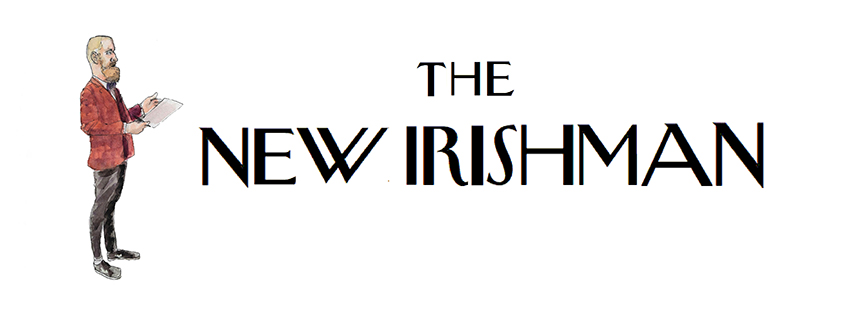On November 11 2013 Radio 4 ran a feature on the new book authored by
Mark Forsyth (
@Inkyfool) called
The Elements of Eloquence. The book examines what makes a beautiful sentence. Here's some of the oratorical tools and techniques which add taste and texture to any delivery.
One. The AABA pattern (also known as diacope) is very common rhetorical tool. For example: "Romeo, Romeo, wherefore art thou Romeo"; "my horse, my horse, my kingdom for a horse"; "alone, alone, all alone"; "You villain, villain, you damned, smiling villain."
Two. Another rhetorical device is antithesis. The use of opposites in the same sentence, as deployed by Charles Dickens and then singer Katy Perry.
Three. Another tool is Chiasmus, a rhetorical device that originates from the Greekchiazo, meaning "to shape like a letter X." It is a figure of speech in which the second half of an expression is reversed to mirror the first half, i.e. A/B, B/A (where the letters represent words, phrases or parts of speech).
Perhaps the best known example of chiasmus is JFK’s "ask not what your country can do for you — ask what you can do for your country." Another is, "We don't get stop playing when we get old, we get old when we stop playing."
Mark Forsyth also explained how he wants to move public speaking up the value curve in schools and society. He said:
"Since the 19th Century no one has really been taught rhetoric. That's why I want to bring this back. Shakespeare was steeping in it."
First broadcast on the
Today programme on Monday 11 November, you can listen
here. Read my previous posts on public speaking, including a post on Dale Carnegie
here and
here.























